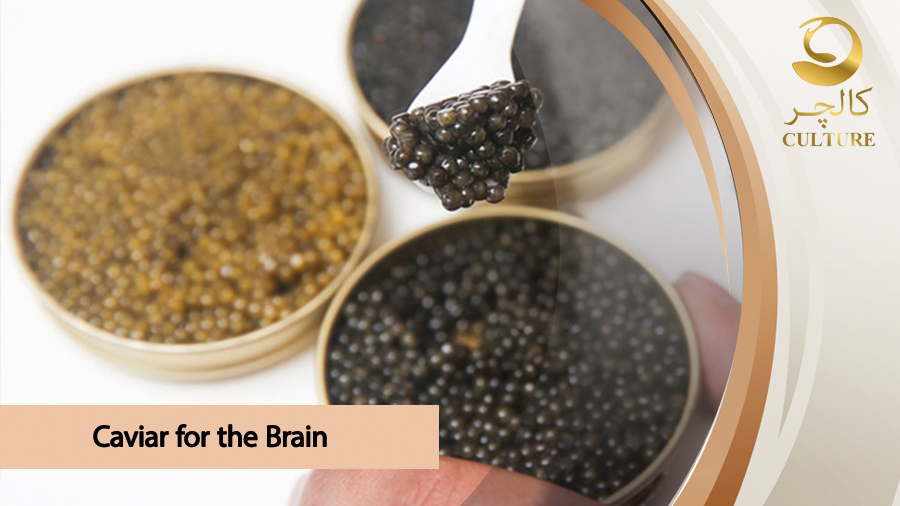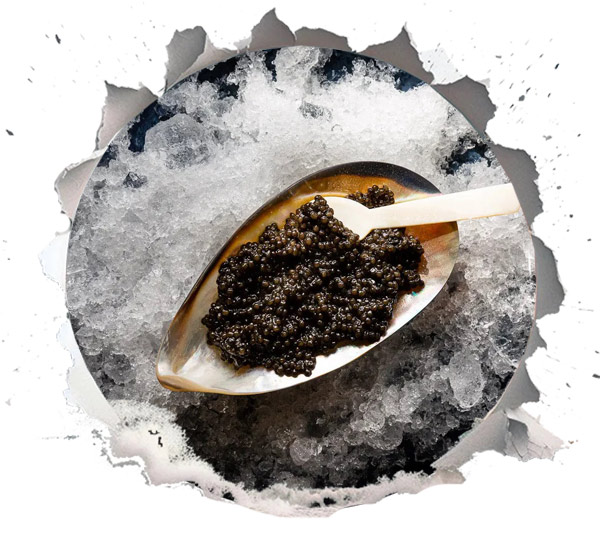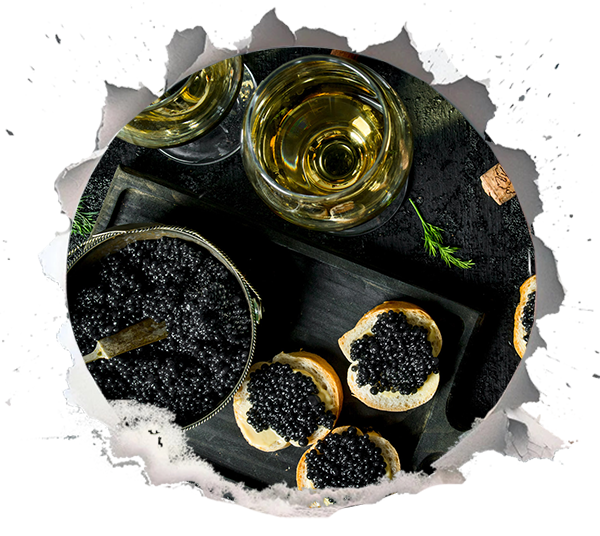Caviar for the Brain: Can Caviar Unlock Super Focus Mode?

In the bustling tech hubs of Silicon Valley, where 18-hour workdays and relentless innovation are the norm, the quest for a mental edge has reached new heights. CEOs and coders alike are ditching energy drinks and espresso shots for something far more decadent: caviar. Once reserved for royalty and Michelin-starred restaurants, this luxurious delicacy is now being hailed as “brain fuel” for the overworked and ambitious. But can sprinkling fish eggs on your avocado toast really unlock superhuman focus? Let’s dive into the science, hype, and ethics behind Silicon Valley’s latest obsession—caviar for the brain.
The Rise of Nootropics in Silicon Valley
Silicon Valley’s love affair with cognitive enhancers, or nootropics, isn’t new. From bulletproof coffee to prescription stimulants, tech elites have long sought ways to boost memory, creativity, and concentration. The logic is simple: in a world where ideas are currency, even a 5% increase in mental performance could mean billions.
Enter caviar. While traditional nootropics like modafinil or lion’s mane mushrooms dominate headlines, caviar’s recent rebranding as a “natural” brain booster has turned heads. Advocates claim its rich nutrient profile—packed with omega-3s, vitamins, and minerals—makes it the ultimate food for cognitive optimisation. But is there substance behind the sales pitch?

From Tsars to Tech Bros
Caviar’s journey from Caspian Sea delicacy to tech conference snack is as surreal as it sounds. Historically, sturgeon roe was a symbol of opulence, savoured by Persian emperors, Russian tsars and European aristocrats. Today, start-up founders are shelling out £500+ per tin, insisting it’s an investment in productivity.
“I eat a spoonful before pitch meetings,” says Marcus Lee, a San Francisco-based AI entrepreneur. “It’s like a mental reset button.” Lee isn’t alone. Upscale delivery services report a 300% spike in caviar orders from Bay Area postcodes since 2022, with buyers citing “brain health” as their motive.
What’s Inside Caviar? A Nutritional Breakdown
This delicacy’s reputation as caviar for the brain hinges on its dense nutritional profile. A 30g serving contains:
- Omega-3 fatty acids (1,000mg+): Critical for brain cell structure and reducing inflammation.
- Vitamin B12 (3x the daily requirement): Supports nerve function and energy production.
- Magnesium and iron: Aid oxygen flow to the brain.
- Choline: Precursor to acetylcholine, a neurotransmitter linked to memory.
Dr. Emily Hart, a neuroscientist at Cambridge, explains: “Omega-3s, particularly DHA, are vital for cognitive function. But you can get these from cheaper sources like salmon or walnuts.” So why caviar? Proponents argue that its nutrients are more “bioavailable”—easier for the body to absorb. Beyond brain health, caviar benefits extend to skin vitality, with its high levels of selenium and antioxidants promoting collagen production and reducing oxidative stress.
Does Caviar Actually Boost Focus?
While studies confirm omega-3s benefit brain health, research specifically on caviar is scarce. A 2018 Journal of Nutrition study found that rats fed sturgeon roe showed improved maze navigation, but human trials are lacking. Most evidence remains anecdotal.
Critics argue the placebo effect plays a role. “Eating something expensive and exclusive can psychologically prime you to feel sharper,” says behavioural scientist Dr. Raj Patel. Still, caviar’s nutrient density isn’t disputed. The question is whether you like it or not.
Caviar myths also muddy the waters. For instance, claims that it can “cure” mental fatigue or replace sleep are unsupported. “No food can compensate for poor lifestyle habits,” warns Dr. Hart.
Status Symbol or Secret Weapon?

In tech circles, caviar has become a dual-status symbol: a nod to both wealth and wellness. Start-ups serve it at hackathons, while biohackers pair it with nootropic stacks. “It’s the ultimate flex,” says nutritionist Clara Nguyen. “You’re showing you care about performance—and can afford to.”
The trend has even seeped into corporate gifting. Luxury brands now market caviar as a gift for executives, with bespoke tins engraved with slogans like “Fuel Your Genius.”
But there’s a darker side. Wild sturgeon populations, already decimated by overfishing, face renewed pressure. Ethical concerns have spurred interest in farm-grown caviar, with brands like Culture Caviar promising sustainablity.
Hype or Hope?
Caviar’s brain-boosting claims aren’t baseless. Its nutrients support cognitive health, but so do many other foods. For Silicon Valley’s elite, it’s as much about status as science. In the end, caviar for the brain reflects a broader truth: there’s no magic bullet for focus. A balanced diet, sleep, and mindfulness matter too. But if you’ve got a taste for the luxury, why not? Also, these days, even caviar is pretty much affordable! Just don’t expect miracles.

